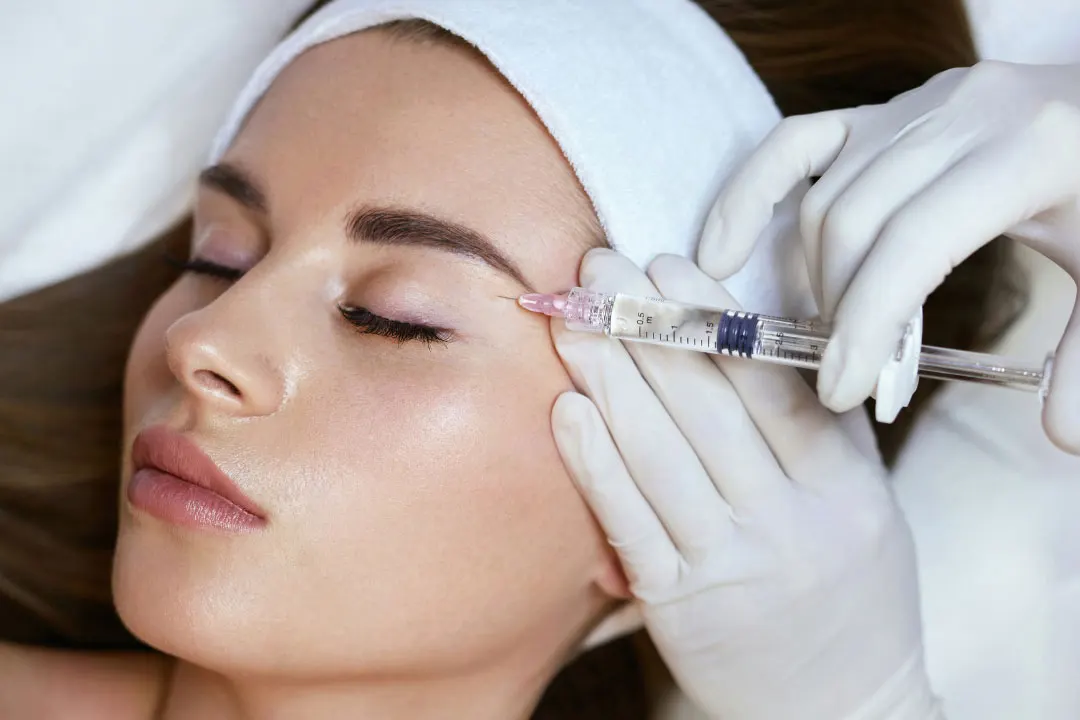The Japanese people are famous for their longevity and age-defying beauty. Lifestyle factors play a significant role, but anti aging supplements may also help. We’ll compare one of the most popular Japanese anti aging supplements with MitoQ, an innovative antioxidant product that works at the cellular level.
You May Also Like:
Ghost Vegan Protein Powder vs Nuzest Clean Lean Protein
5 Great Supplement Ingredients to Support Your Health if You Have a Liver Hematoma
“It’s not how old you are. It’s how you are old.” – Jules Renard
The scientific journal, Biogerontology, defines aging as “the progressive failing ability of the body’s own intrinsic and genetic powers to defend, maintain and repair itself in order to keep working efficiently.” As we age, our bodies experience changes, including decreased muscle mass, bone density, skin elasticity, and an increased risk of chronic diseases such as heart disease, cancer, and dementia.
Fortunately, we live in an age of incredible scientific research in fields like Gerontology and Biogerontology, which study the aging process and have made advancements in helping us understand how to age better. Significant progress has been made in the area of anti aging, which refers to efforts to slow down or reverse the physical and cognitive effects of aging on the body. One popular method people are turning to is Japanese anti aging supplements.
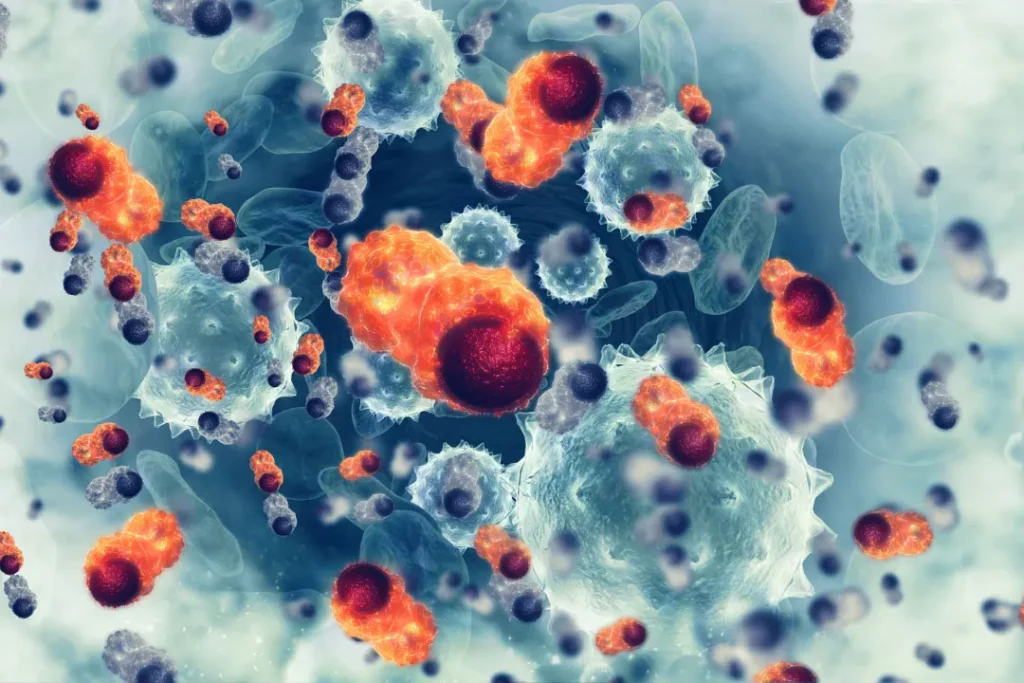
Overview of anti aging supplements
Anti aging supplements are designed to support healthy aging and prevent or minimize the undesirable changes that come with age. Some supplements contain antioxidants that may neutralize free radicals and reduce oxidative damage – a key contributor to aging and disease. Others may contain anti-inflammatory ingredients that can reduce inflammation in the body.
Japanese anti aging supplements – a history of trust
For decades, people have placed their trust in Japanese skincare products, and that same trust has extended to their anti aging supplements. Customers loyal to Japanese products appreciate the culture’s attention to detail, quality, and safety. Japanese brands are well-known for their innovative technology, rigorous testing, and use of high-quality ingredients.
Immun’Âge is an example of a top-rated Japanese anti aging supplement – over 15 million packets are sold annually worldwide.
skincare products, and that same trust has extended to their anti aging supplements. Customers loyal to Japanese products appreciate the culture’s attention to detail, quality, and safety. Japanese brands are well-known for their innovative technology, rigorous testing, and use of high-quality ingredients.
Immun’Âge is an example of a top-rated Japanese anti aging supplement – over 15 million packets are sold annually worldwide.
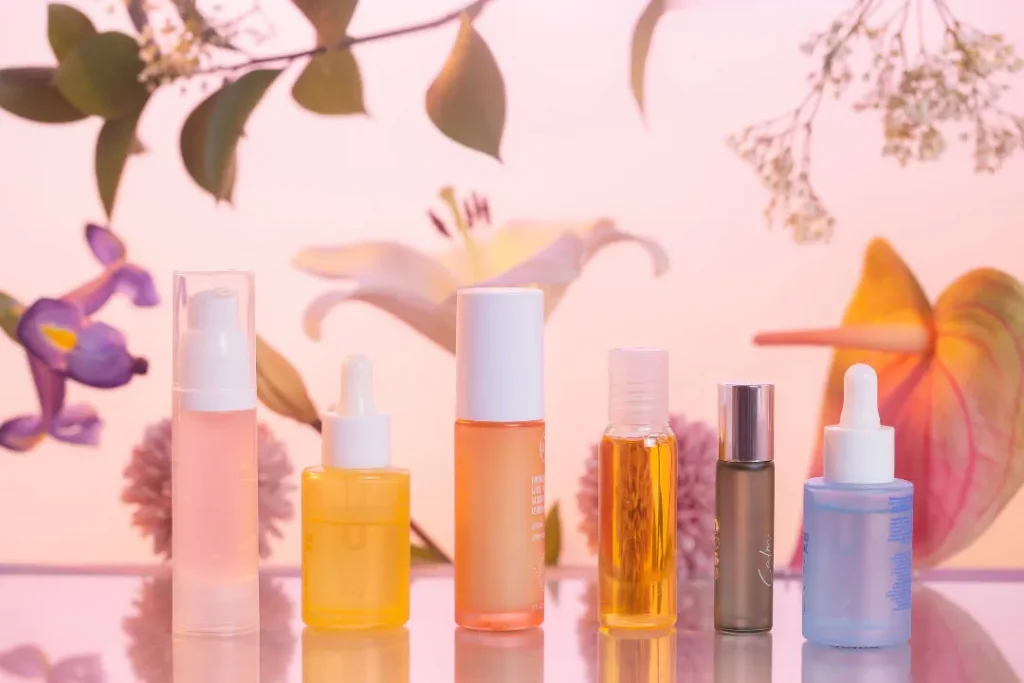
Immun’Âge – a popular choice among Japanese anti agin
Immun’Âge – a popular choice among Japanese anti aging supplements
Immun’Âge, manufactured by Osato International Inc. in Gifu, Japan, is a dietary supplement containing a Fermented Papaya Preparation FPP®. This supplement qualifies as anti aging because of its potential to support the immune system, enhance digestion, reduce inflammation, and improve overall health. The fermented papaya in Immun’Âge contains enzymes and antioxidants believed to have anti-aging properties capable of reducing free radical damage.
Immun’Âge is founded on the premise that Japanese longevity and healthy aging may be partly due to their diet, which features fermented foods that promote the growth of beneficial bacteria (probiotics) in the gut. Probiotics have health benefits, including:
- Enhanced digestion
- Strengthened immunity
- Aid in weight loss
Asian cultures have embraced papaya’s health benefits for centuries; they’re loaded with nutrients, including:
- Folate
- Magnesium
- Copper
- Pantothenic acid
- Fiber
- B vitamins
Additionally, papayas contain high levels of antioxidants, including vitamins A, C, and E, and lycopene, a member of the carotenoid family of plant chemicals.
Osato Laboratory Inc. has successfully combined the benefits of papaya and those of fermented foods with their proprietary fermentation process; FPP® has been produced for 25 years in Japan under the highest quality standards. There are 52 clinical studies demonstrating the anti aging properties of ImmunÂge; you can read the scientific research & clinical studies on their website.
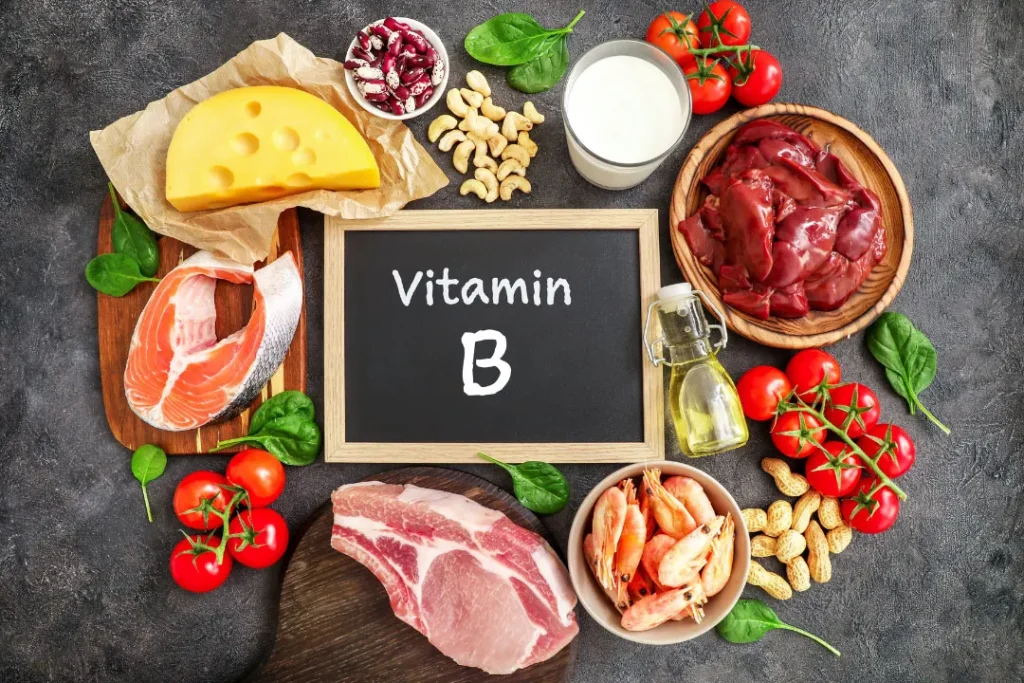
How MitoQ works differently than Japanese anti aging supplements
MitoQ, manufactured by MitoQ Limited in Auckland, New Zealand, is considered an anti aging supplement because of its potential to improve energy levels, cognitive function, heart health, and immunity. Each capsule of MitoQ Pure contains 5mg of mitoquinol mesylate, a unique form of CoQ10 – as its only active ingredient.
CoQ10 is a natural compound produced by the body that functions both as an antioxidant and a coenzyme. As an antioxidant, CoQ10 protects cells against damage from free radicals. As a coenzyme, it assists in producing ATP (adenosine triphosphate), the primary energy source for cells. Because CoQ10 levels decrease with age, some people supplement with CoQ10.
MitoQ is distinct from Japanese anti aging supplements because it’s bioengineered to target the cell mitochondria, where most free radical damage occurs. Using a patented process, MitoQ reduces the size of the CoQ10 molecule, giving it a positive charge that attracts the negatively charged mitochondria, enabling it to easily cross the mitochondrial membrane.
CEO Mahara Inglis encourages open research on MitoQ, welcoming questions and testing. He says: “We created a pioneering cell health technology that is backed by decades of global scientific research.”
Japanese anti aging supplements vs. MitoQ – going toe-to-toe
Safety: Immun’Âge and MitoQ report no significant safety issues on their websites.
Side Effects: MitoQ stated that a “small number” of people reported stomach upset and nausea at doses higher than 80mg daily.
Cost and Availability: Immun’Âge is more expensive than MitoQ. Both products are readily available on their websites and on Amazon.
Customer Satisfaction: Immun’Âge and MitoQ have positive customer reviews and are tied at a 4.3 rating out of 5 on Amazon.
Efficacy: While Immun’Âge and MitoQ have shown positive effects on health and aging, MitoQ appears to be the more effective anti aging supplement for several reasons:
- Its active substance, mitoquinol mesylate, is a recognized and widely-used form of CoQ10.
- It can penetrate the mitochondrial membrane, delivering antioxidant protection where it is needed most.
- Over 600 published studies and 15 clinical trials have demonstrated its anti aging benefits due to its ability to improve cell health. This study, for example, found that MitoQ improved mitochondrial function markers in older adults, and other studies have found similar results.
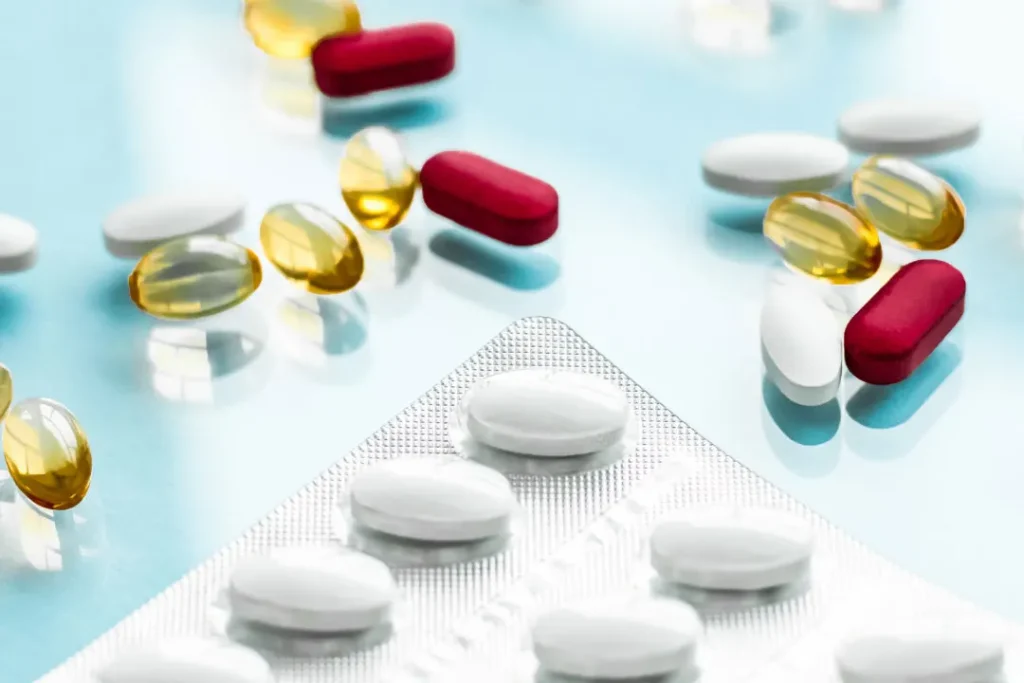
Why MitoQ may be the best anti aging supplement option
MitoQ and Immun’Âge are both designed to support healthy aging, with excellent customer reviews, safety records, and similar costs. However, their mechanisms of action and active ingredients differ. Based on the available evidence, MitoQ appears to be the better choice compared to even the best Japanese anti aging supplements.
Concluding thoughts on anti aging supplements
Given the advancements in anti aging studies, supplements are continuously improving and are a popular approach to maintaining good health while aging. Combined with healthy lifestyle practices, anti aging supplements may be helpful in your quest to age well.
For further research:
PubMed Central – The science of ageing and anti-ageing
PubMed Central – Beneficial Effects of Fermented Papaya Preparation (FPP®) Supplementation on Redox Balance and Aging in a Mouse Model – PMC
Mount Sinai – Coenzyme Q10 Information
Frontiers in Physiology – Mitochondrial-targeted antioxidant supplementation for improving age-related vascular dysfunction in humans: A study protocol
Mary Ann Liebert, Inc. Publishers – Molecular Strategies for Targeting Antioxidants to Mitochondria: Therapeutic Implications
Important Note: The information contained in this article is for general informational purposes only, and should not be construed as health or medical advice, nor is it intended to diagnose, prevent, treat, or cure any disease or health condition. Before embarking on any diet, fitness regimen, or program of nutritional supplementation, it is advisable to consult your healthcare professional in order to determine its safety and probable efficacy in terms of your individual state of health.
Regarding Nutritional Supplements Or Other Non-Prescription Health Products: If any nutritional supplements or other non-prescription health products are mentioned in the foregoing article, any claims or statements made about them have not been evaluated by the U.S. Food and Drug Administration, and such nutritional supplements or other health products are not intended to diagnose, treat, cure, or prevent any disease.

